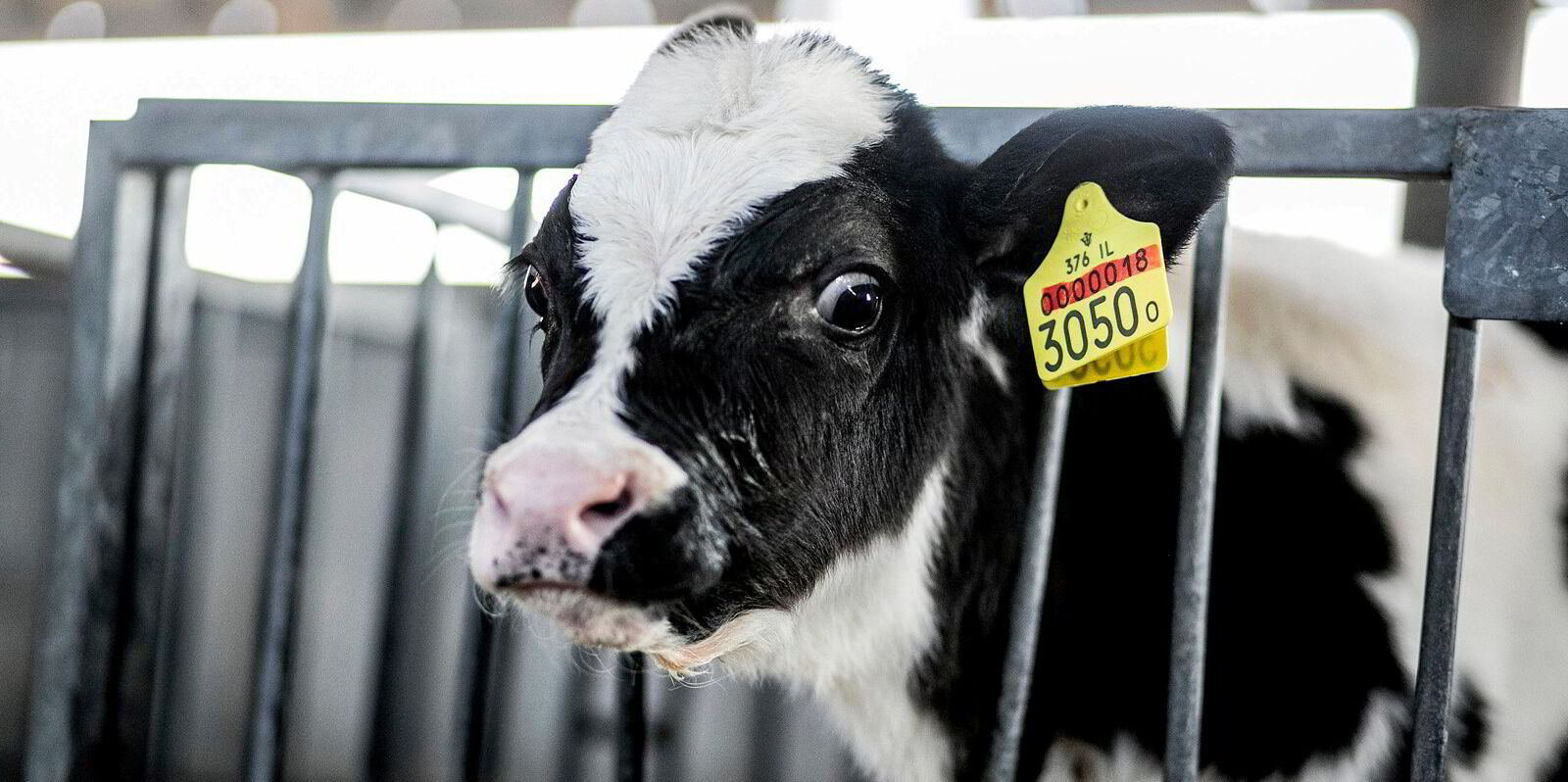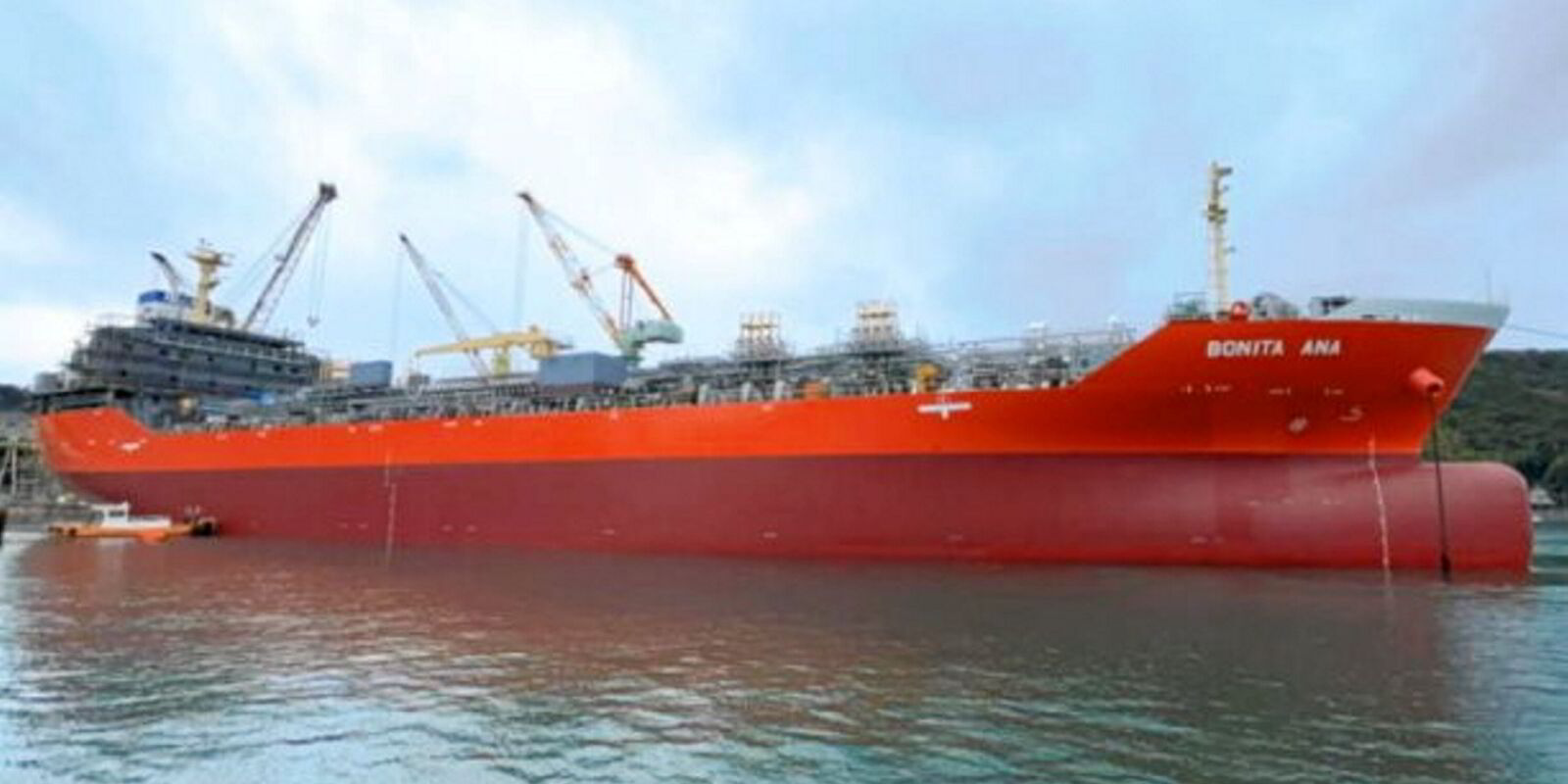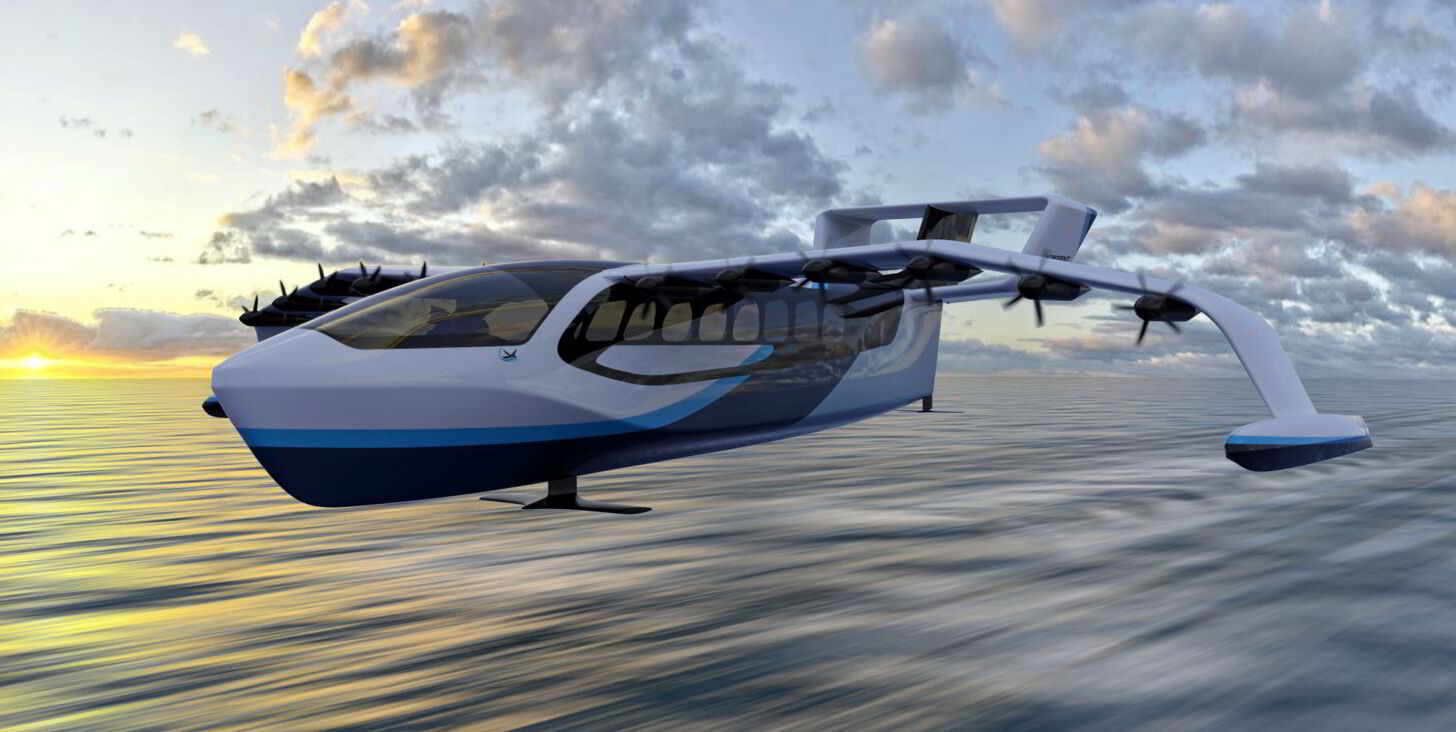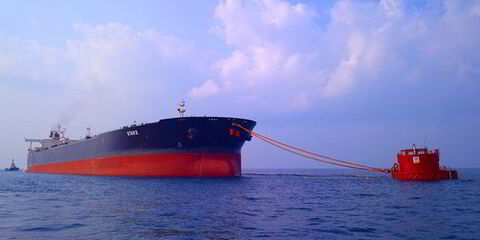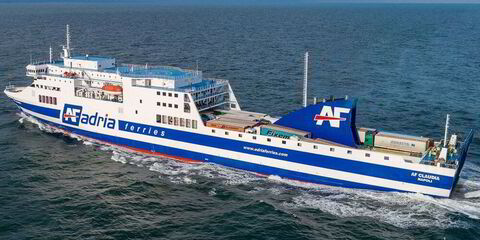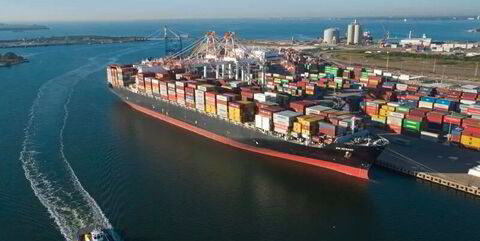Mitsui OSK Lines is teaming up with Takanashi Milk Products, one of Japan’s top dairy companies, to study the potential for converting animal manure into biomethane.
Other participants in the study include Hamanaka Town, JA Hamanaka, Hokkaido Gas Co and MOL Sunflower.
The shipowner said the study plans to secure the animal manure from local dairy farms in Hamanaka town, Hokkaido, where there is a thriving dairy farm industry.
MOL describes biomethane as an “effective energy source for the ultimate goal of decarbonisation because it can be used in current infrastructure for transport and consumption”.
“LNG is currently being used as a low-carbon fuel alternative to conventional fuels, such as coal and oil, and can reduce CO2 emissions by 25% to 40% compared to conventional fuels in factories and vessels,” MOL said.
“In this study, the six organisations will evaluate the feasibility of using all or part of the biomethane produced in Hamanaka Town to fuel factories and vessels, leading to major progress toward the goal of net-zero emissions by 2050.
“The six organizations participating in the collaboration will bring their respective knowledge and experience to this study,” MOL said.
According to engine builder Wartsila, biomethane has tremendous potential as a future fuel to meet current and future maritime emission reduction targets.
Depending on the feedstock used to produce it, the CO2 emissions it generates are either extremely low or even negative from a well-to-wake perspective.
Furthermore, it requires no modifications to established LNG fuel handling, storage and engine technologies.
MOL Sunflower, a subsidiary of MOL, currently runs an 18-hour ferry service between Hokkaido and Tokyo.
The company is in the middle of building two LNG-fuelled ferries, which are under construction at Japan’s Naikai Zosen Corp.
The first ship, the Sunflower Kamuy, will be delivered at Naikai Shipbuilding in December 2024 and is slated to enter service on the late-night Oarai-Tomakomai route by 2025.
The second of the two new vessels is scheduled to enter service on the same route within 2025.
With the addition of these vessels, MOL will operate a fleet of four LNG-fuelled ferries on east-west routes in Japan by 2025, joining the Sunflower Kurenai and Sunflower Murasaki, which went into service on the Osaka-Beppu route in 2023.(Copyright)
